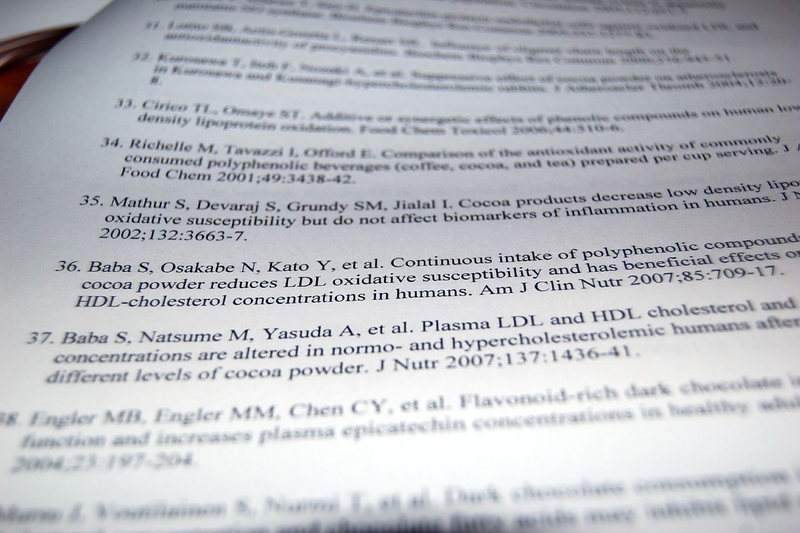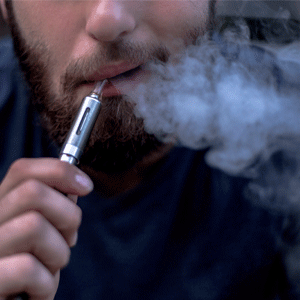
Three UCT researchers among the world’s most cited
7th January 2019
The Voice – Cape Radio Station – 10h00 Express Show
8th April 201913 February 2019
A surge in vaping among American teens could turn back five decades of public health gains in reducing tobacco use.

Vaping may pose big risk for smoking in otherwise ‘low-risk’ kids
Why vaping may do your heart no favours
Under pressure, top US e-cig maker pulls most flavoured products from market
Strong limits on marketing and sales are needed to control and prevent teens’ use of electronic cigarettes, a new American Academy of Pediatrics (AAP) policy statement says.
Teens who use e-cigarettes are more apt to use traditional cigarettes eventually, studies show.
Nicotine is highly addictive
The surge in vaping among American teens threatens to turn back five decades of public health gains in reducing tobacco use, the AAP warned.
“Nicotine is highly addictive, and we know that the earlier that someone uses nicotine products in childhood, the more difficult it is to quit later,” said Dr Brian Jenssen, lead author of the new policy statement. He is a primary care paediatrician at Children’s Hospital of Philadelphia.
“Most adult smokers started using tobacco before age 18,” Jenssen said in an AAP news release.
The policy statement calls on federal officials to take immediate action to restrict marketing and sales of flavoured vaping products to youth.
It appears in the February print issue of the journal Pediatrics and was published online.
Stronger federal regulations needed
Along with the risk of addiction, nicotine can do long-term damage to teen brain development, according to the AAP.
In 2018, nearly 21% of high school students and 5% of middle schoolers said they’d used an e-cigarette in the past month, according to the National Youth Tobacco Survey. That’s up 78% from 2017.
More than 28% of middle and high school students – about 20.5 million – were exposed to e-cigarette ads from at least one source in 2016.
“E-cigarettes need stronger federal regulations to prevent youth access and use,” said Dr Susan Walley, co-author of the policy statement.
“The research is clear that teens are at higher risk of transitioning to traditional cigarettes even with experimental use of e-cigarettes,” she said. Walley leads the AAP Section on Tobacco Control.
Dangerous for children and teens
The statement calls on the US Food and Drug Administration to immediately ban sale of e-cigarettes to people under age 21; prohibit online sale of vaping devices and solution; ban certain flavours including menthol, and ban ads and promotions that can reach youth.
The AAP also says e-cigarettes should be included in current tobacco-free laws that apply in places where kids live, learn, play, work and visit.
The statement urges paediatricians to screen youth for e-cigarette use and warn them about the health risks. It also says doctors should not recommend e-cigarettes as a treatment option for quitting tobacco. No scientific evidence supports claims that vaping helps people stop smoking traditional cigarettes, the AAP said.
“It took decades to raise awareness of the deadly effects of smoking and traditional tobacco use,” Jenssen said. “Today, we know that e-cigarettes are dangerous for children and teens. We have a chance to protect this generation, but we need to act now.”
Image credit: iStock


